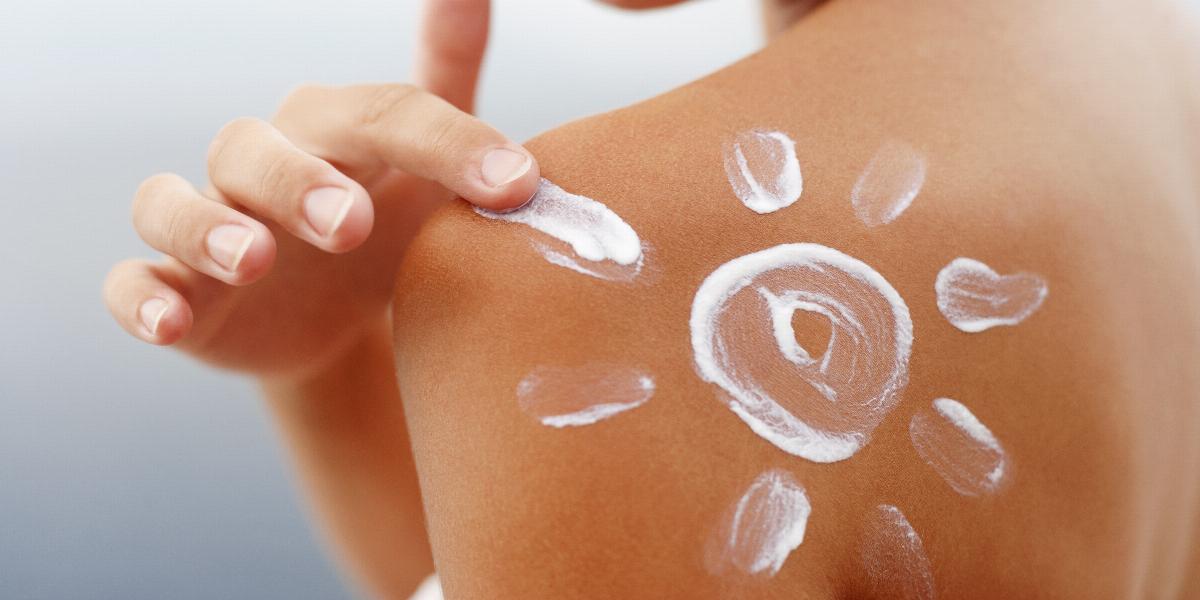8 Steps for Choosing the Best Sunscreen

UV light is linked to cancer. Sunscreen blocks the sun's UV light from reaching the skin by absorbing it. But not all sunscreens are created equal and different skin types require different care. Fair skinned individuals are more susceptible to sunburn than medium to dark skinned individuals.
There are also concerns circulating that some of the chemicals in certain sunscreens are not healthy. One of the main chemicals causing all the commotion is retinyl palmitate, which may be inked to cancer.
Then, there is the environmental concern. Some chemicals within sunscreens are reported to be damaging to coral reefs. These chemicals are fairly easy to avoid with a little education and attention to details. Choosing a sunscreen doesn’t have to be expensive, but it does take time to find what works for you.
How is a person supposed to find a sunscreen that is effective while limiting chemicals that may be detrimental to your health and the environment? This guide should help you navigate this tricky landscape.
1 - Know Your Skin Type
If you have a history of skin cancer, are fair skinned, have sensitive skin, or are on medication that makes you sensitive to the sun, you should probably invest in a sunscreen with a higher SPF. An SPF higher than 50 is probably unnecessary even for the most sun-sensitive person. The U.S. Food and Drug Administration acknowledges that there is no evidence that anything higher makes a difference. Those with darker skin tones should use a sunscreen with at least 15 SPF.
2 - Choose the Right SPF
Most sources say you should choose an SPF ranging from at least 15 to 30 or higher. The higher you go the less of a difference you will notice. Fifteen SPF filters 93 percent of UVB light. The FDA does require that sunscreens with SPFs below 15 have a label warning that they do not protect against skin cancer, only sunburn. An alternative is to cover up with sun protective clothing with UPF of 30 or higher.
3 - Be a Savvy Shopper
Some sunscreens are potentially more harmful than protective. It is important to be an informed consumer, so you know what you are spending your money on. Read the ingredients list. Look for products that protect against both UVB and UVA rays. Do your research and have an idea of what you are looking for before you even enter the store. That way you are less likely to be overwhelmed and make a rash decision.
4 - Avoid Chemicals
Certain chemicals found in some sunscreens are particularly harmful to your health and the environment. Since you will be slathering these lotions all over your skin, you want to take precautions where necessary. There are a lot of products with substances that can be very reactive to people and their skin. In some extreme cases, some ingredients have been linked to cancer.
5 - Know Limitations
Sunscreen needs to be applied regularly throughout the day depending on your sun exposure. In most cases, slathering on a layer of protection in the morning and expecting it to stay with you throughout the day is an unreasonable expectation. Water resistant products are not water or sweat proof. The product's label should suggest duration. It is best reapply at least every two hours and more often if you are swimming or sweating.
6 - Stay Away from Irritants
This is especially important if you have sensitive skin, allergies, or skin conditions like rosacea. It is best to avoid fragrances, preservatives, or alcohol. Some formulas add moisturizers and other beneficial ingredients to help individuals with especially dry or oily skin. If you notice a certain brand works well with your skin, consider sticking with that brand. Just watch for any changes in ingredients. Consider trying more sensitive sunscreens for areas like your face that might be more delicate.
7 - Stick with Lotions
Spray on sunscreen has become popular in the last several years. It seems like an easy solution to the dreaded choir of putting on lotion. These sprays are susceptible in to the wind and are sometimes hard to apply evenly. It is much easier to make sure you cover all exposed skin when using a lotion. Don't forget to apply lotion to those easy to miss spots like your ears, feet, and backs of your legs.
8 - Consider Zinc Oxide
Zinc oxide and titanium dioxide are a great choice for many people. They are safer to apply because they are not absorbed by your skin. Some products add other ingredients, so make sure you are reading the label. You might want to invest in a clear zinc oxide, otherwise you might be sporting an obvious layer of white wherever it is applied. These products are devoid of harsh chemicals, especially if purchased in their pure forms.


